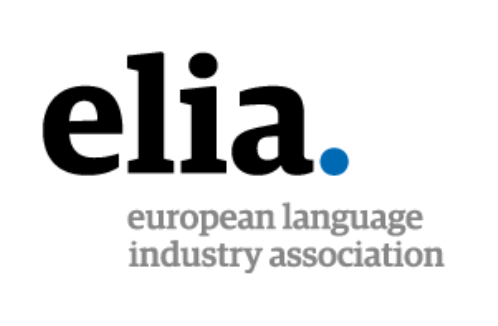In the dynamic landscape of technological advancements, the integration of Artificial Intelligence (AI) has brought about transformative changes in various industries. The realm of translation is no exception, as AI-driven tools continue to evolve and redefine how content is communicated across languages. While AI undoubtedly offers unprecedented speed and efficiency, the role of human translators remains indispensable in a world dominated by AI. Let’s explore the future of human translators in this rapidly changing landscape.
AI’s Advancements and Its Implications:
AI-driven machine translation tools have made impressive strides, capable of quickly processing vast amounts of text and providing instant translations. This technology has proven invaluable for fast and straightforward translations, such as user reviews, product descriptions, and technical documents. However, the nuances of language, cultural context, idioms, and creative expression remain areas where AI struggles to match human understanding.
Preserving Cultural Nuances and Context:
Languages are more than mere words – they encapsulate cultural nuances, historical references, and societal contexts. Human translators possess an innate ability to navigate these complexities, ensuring that content is not just translated, but fully understood and adapted for the target audience. The nuanced and emotionally resonant aspects of literature, poetry, and creative writing require human insight to capture the essence accurately.
Creativity and Emotional Connection:
The artistry of translation goes beyond words – it’s about conveying emotions, capturing the author’s voice, and eliciting the same feelings in the target language readers. Human translators bring creativity to the table, crafting content that evokes the intended emotional response. This human touch is particularly vital in marketing, branding, and literary works where the aim is not just communication, but also connection.
Domain Expertise and Specialization:
Certain industries demand in-depth domain knowledge and expertise. Legal, medical, technical, and scientific documents require precision, accuracy, and a deep understanding of complex terminologies. Human translators, often possessing specialized backgrounds, ensure that content maintains its technical integrity while being accessible to the target audience.
The Synergy of Human and AI:
The future of translation lies in the synergy between human expertise and AI capabilities. AI tools can enhance efficiency, offering quick drafts that human translators can then refine and polish. This collaboration maximizes accuracy, speed, and maintains the quality of content. It allows translators to focus on higher-value tasks, such as cultural adaptation, content creation, and building relationships with clients.
Conclusion: An Unwavering Role
While AI’s impact on the translation landscape is undeniable, human translators continue to hold an unwavering role in ensuring accurate, nuanced, and emotionally resonant communication. As AI evolves, it complements human translators by automating routine tasks and simplifying processes. However, it is the human touch that will continue to preserve the art, cultural richness, and authenticity of languages in a world dominated by AI. The future holds a harmonious coexistence, where technology enhances, but never replaces, the invaluable contributions of human translators.




